I had the privilege of attending the 23rd annual Longford Trust Lecture, held each year to confront thinking, challenge assumptions, and call us all to account on issues of justice and social reform. This year's lecture was delivered by Dame Rachel de Souza, Children’s Commissioner for England. Her speech, “Guilty Until Proven Innocent: Every Child’s Right to Freedom, Fairness and Opportunity,” explored the profound challenges facing children in care and custody, and the moral and practical responsibility we have to support them.
The evening opened with a warm welcome from Peter Stanford, Director of the Longford Trust, who reminded us of the organisation’s founding purpose: to champion rehabilitation and to see potential where others see past mistakes. Peter also highlighted the Trust’s remarkable scholarship programme. Each year, the Trust supports approximately 150 serving and ex-serving prisoners in pursuit of higher education, providing financial support, mentoring, and employability guidance. The results are striking: 85% of scholars graduate and go on to fulfilling careers, and only 4% return to prison compared to the national average of 50%.
The Longford Prize was awarded to the Liberty Choir, which brings music into prisons to foster community, confidence, and hope. Their approach is simple but transformative: singing brings people together, strengthens self-esteem, and bridges the gap between custody and community. A second award, the Kevin Pakenham Prize, recognised the BBC’s The Archers for its portrayal of George Grundy’s journey into prison — an arc that has brought conversations about custody and stigma into millions of homes. Both recognitions underline the importance of storytelling, creativity and human connection in changing lives.
The evening then turned to its central lecture, delivered by Dame Rachel de Souza. Drawing on her recent report “A Production Line of Pointlessness: Children on Custodial Remand,” she painted a sobering picture of childhood in modern Britain. She spoke of meeting children who are “cold, exploited, lonely” — young people absorbing hatred and despair online, rather than being nourished by their communities. For too many, being a child in 2025 means fear, sadness, poverty, and hunger — experiences often mediated through screens instead of lived through human connection.
There was real moral urgency in her address. She asked whether we, as adults, place the failings of society at the feet of children, or whether we acknowledge our responsibility to them. “We have an obligation to provide moral leadership and show them how to be a child,” she said. She stressed the importance of treating young people as citizens in waiting, not as offenders defined by their worst moments, and highlighted the injustice of remanding children into custody, where the loss of liberty often becomes the loss of a future.
Dame Rachel also exposed the systemic gaps that too often fail these children. In a recent report, fewer than one-third of headteachers could say how many of their students had
parents in prison, and less than 60% could identify pupils who had experienced parental bereavement. She reminded us that children who are known and cared for are far more likely to attend school and succeed academically. Yet the reality for many is constant upheaval and disruption: of the 950 children in the youth estate, one in five had attended six different schools, and two-thirds had been in care. As adults, as a state, and as a society, we are responsible.
Her lecture emphasized that the degree of civilization in a country can be judged by its prisons. While the numbers of young people in custody are falling, she warned that population reduction alone is not enough. She drew attention to the specific challenges in secure institutions, citing Feltham, which last year was rated the most violent of all youth prisons in the UK. This is a stark reminder that custody often removes not only liberty but the chance to thrive. For children, once in custody, their innocence is gone. And yet, as Desmond Tutu reminds us, “no one is a totally hopeless and irredeemable child.” She urged us to see this as affording children a rightful chance — a first chance to grow, belong, and make mistakes — rather than simply a second chance.
Dame Rachel’s vision was clear: every child is deserving of opportunity, education, care, and moral guidance. She argued that we must find genuine alternatives to youth prisons, whether through secure schools or children’s homes that address trauma as well as education. The measure of our value as a society, she emphasized, is not in doing only what is easy.
At 3Pillars Project, these principles are central to our work in HMP Feltham. Through sport, play, and creative projects, we provide young people with a sense of belonging and hope, experiences they have often been denied. Participation in structured activities not only develops skills and confidence but restores a sense of self, connection, and community. In giving children the chance to play, to belong, and to feel valued, we aim to bridge the gap between custody and a future full of potential.
The evening was a powerful reminder that justice is not only about punishment but about humanity, care, and possibility. It reaffirmed that every child deserves to be heard, understood, and supported, and that society’s responsibility is to ensure that no young person is defined solely by a moment of wrongdoing. In the words of Dame Rachel de Souza, “we are all their parents,” and the opportunity we give them today shapes the adults, communities, and society of tomorrow.
Related posts
Explore our latest blog posts and updates.
Join Us in Making a Difference
Help us spread the word and support our mission to empower young lives through sports.
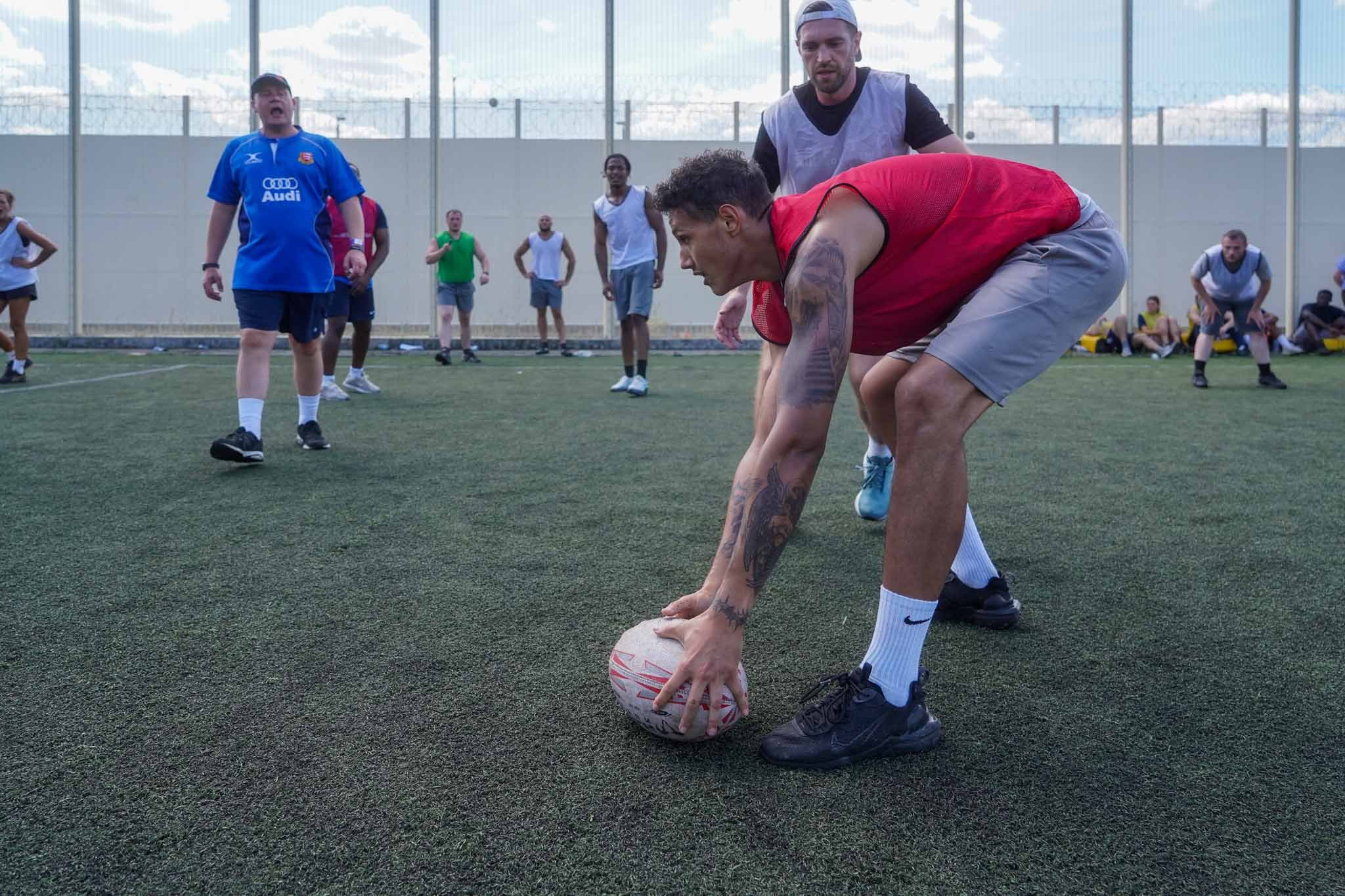
FAQs
Here are some common questions about our programmes and how you can get involved.
Sports mentoring involves using sports as a tool to guide and support young individuals. Through structured activities, mentors help participants develop essential life skills. This approach fosters personal growth and encourages positive behaviour changes.
To volunteer, simply visit our 'Get Involved' page and fill out the application form. We welcome individuals who are passionate about making a difference in young people's lives. Training and support will be provided to all volunteers.
We collaborate with prisons, schools, and community organisations to maximise our impact. These partnerships enable us to reach more young people in need. Together, we create a supportive network that fosters growth and opportunity.
Our programmes have significantly reduced reoffending rates among participants. We have numerous success stories showcasing personal transformations and improved wellbeing. By partnering with local organisations, we create sustainable pathways for education and employment.
Donating is easy! Visit our 'Donate' page to choose your preferred method of giving. Every contribution, no matter the size, helps us continue our vital work.
Still have questions?
We're here to help you!

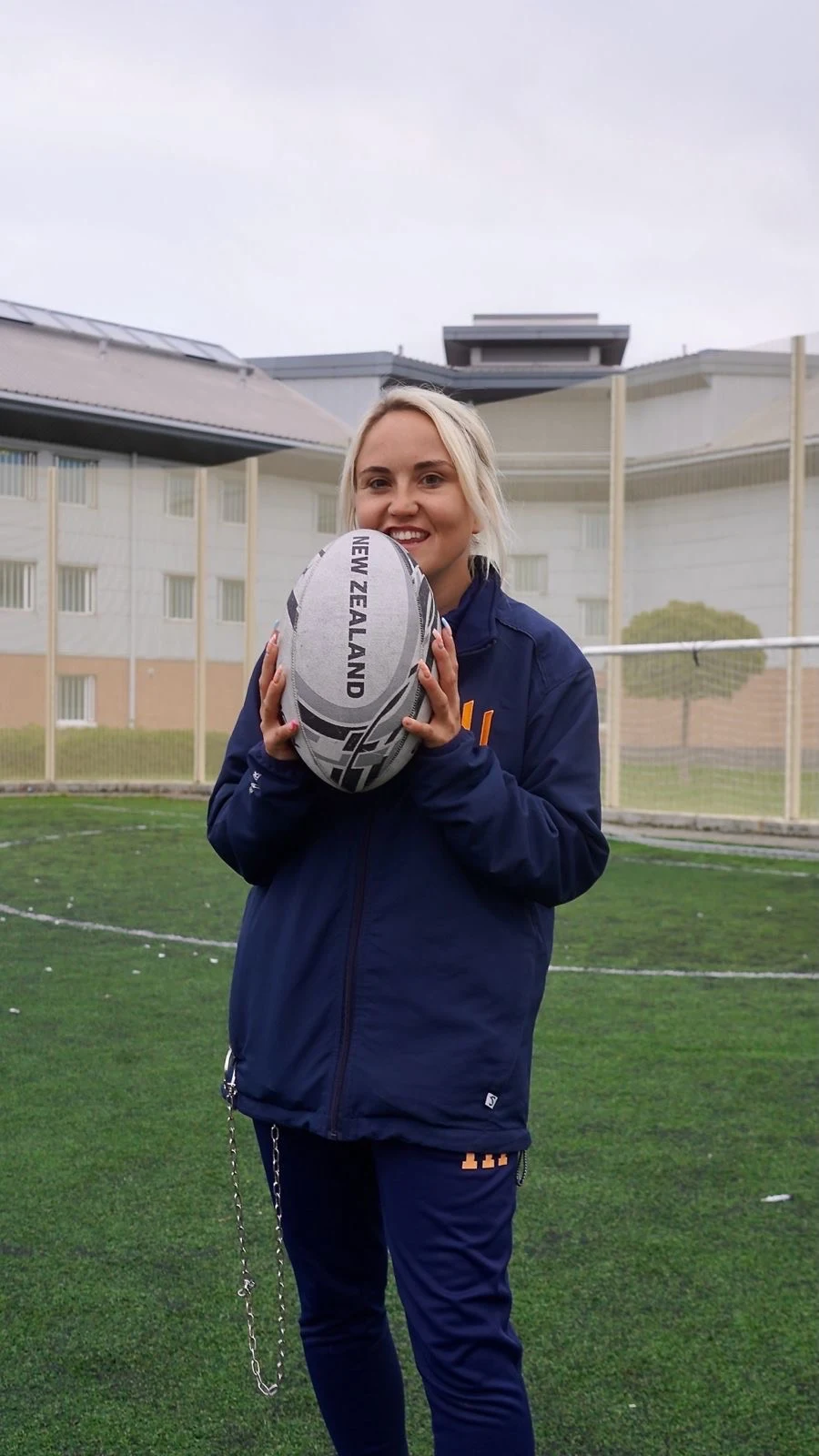
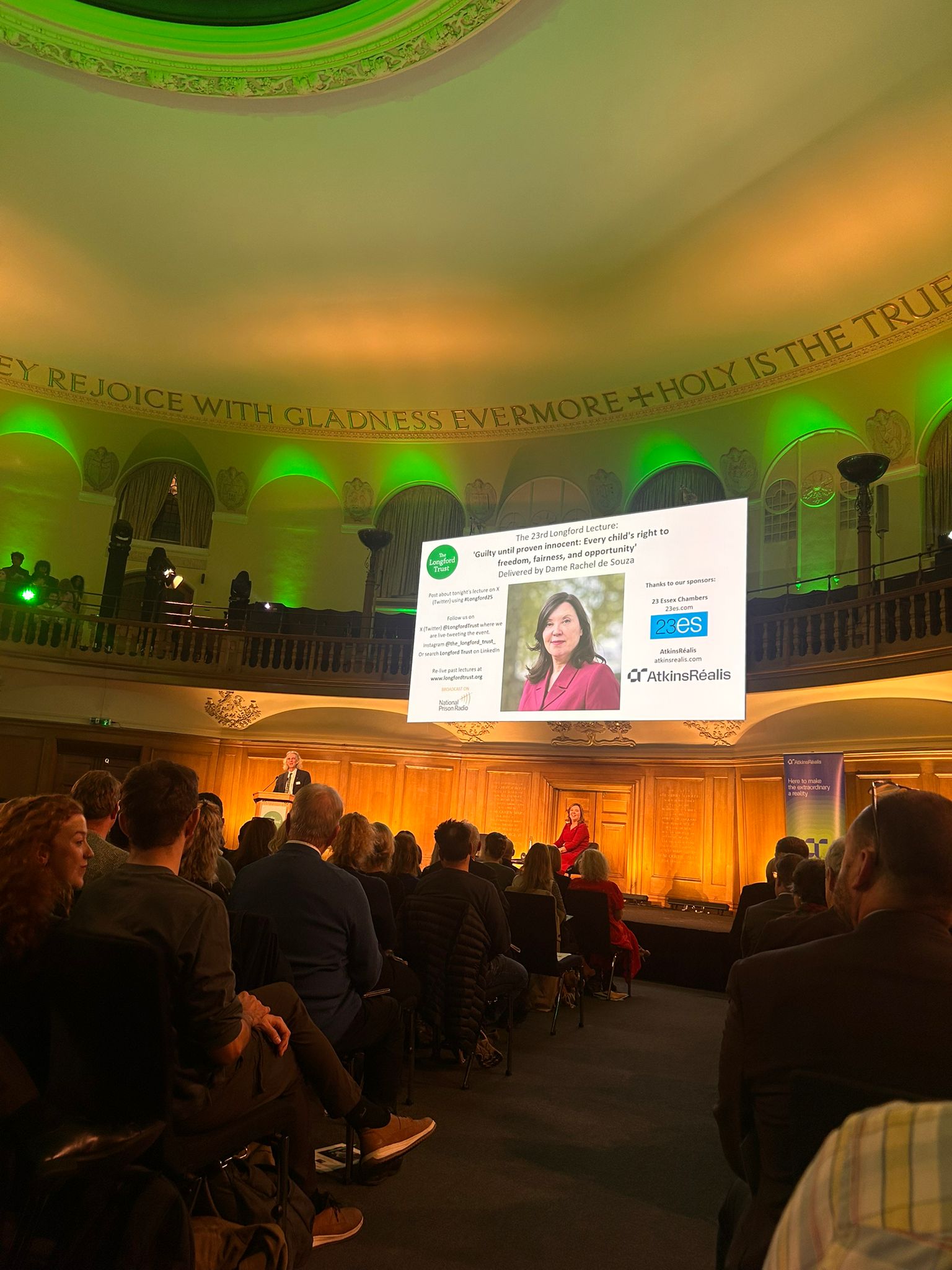
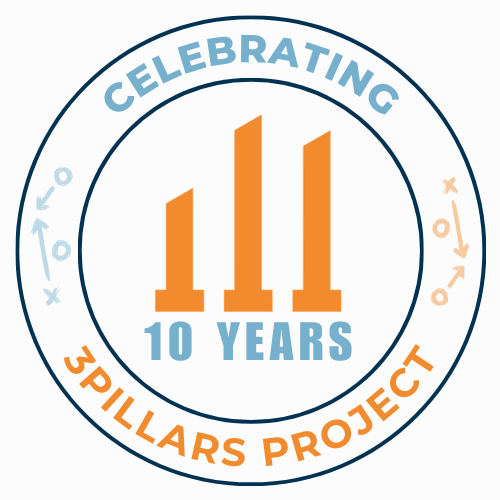
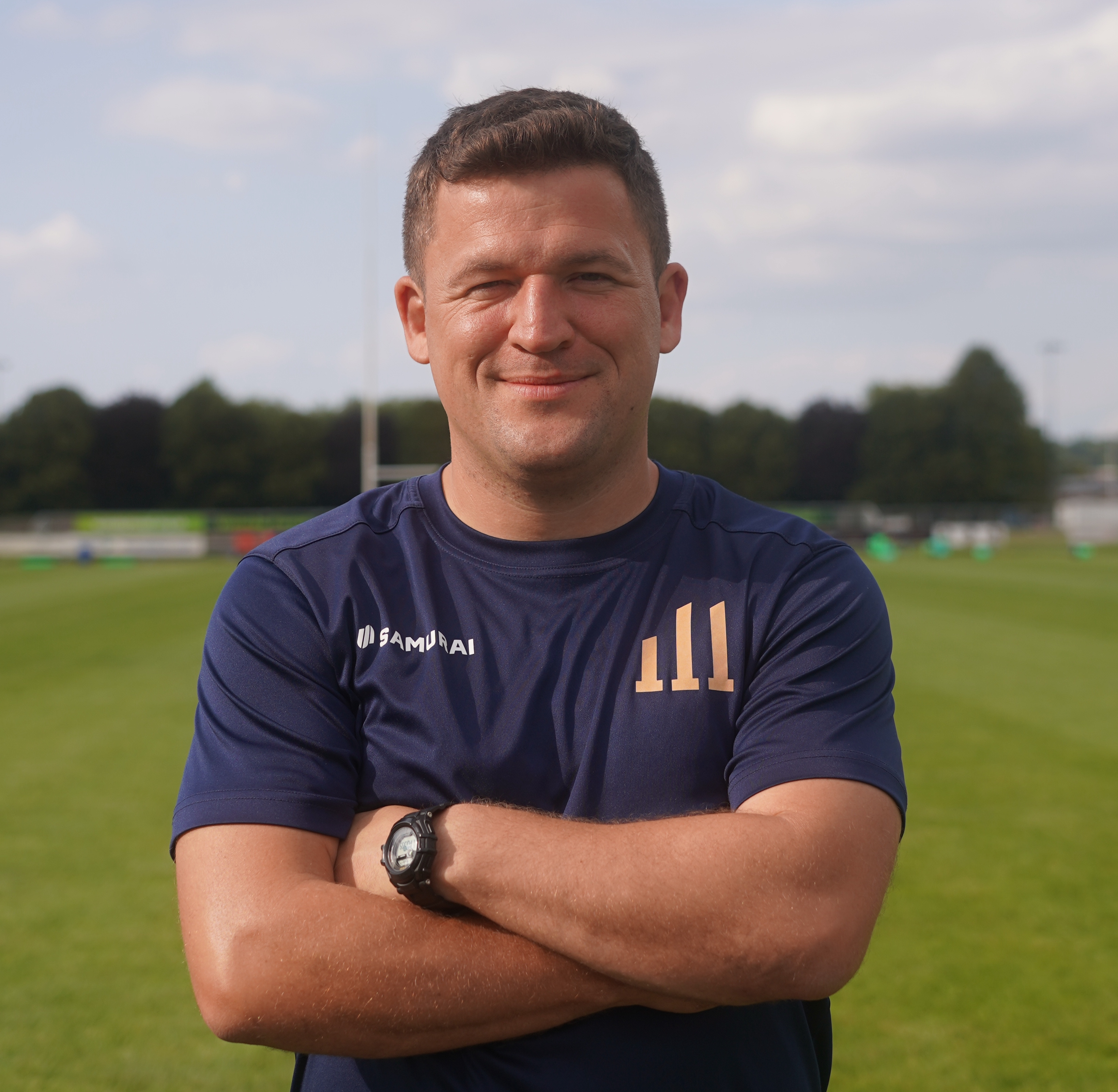

-2.avif)
